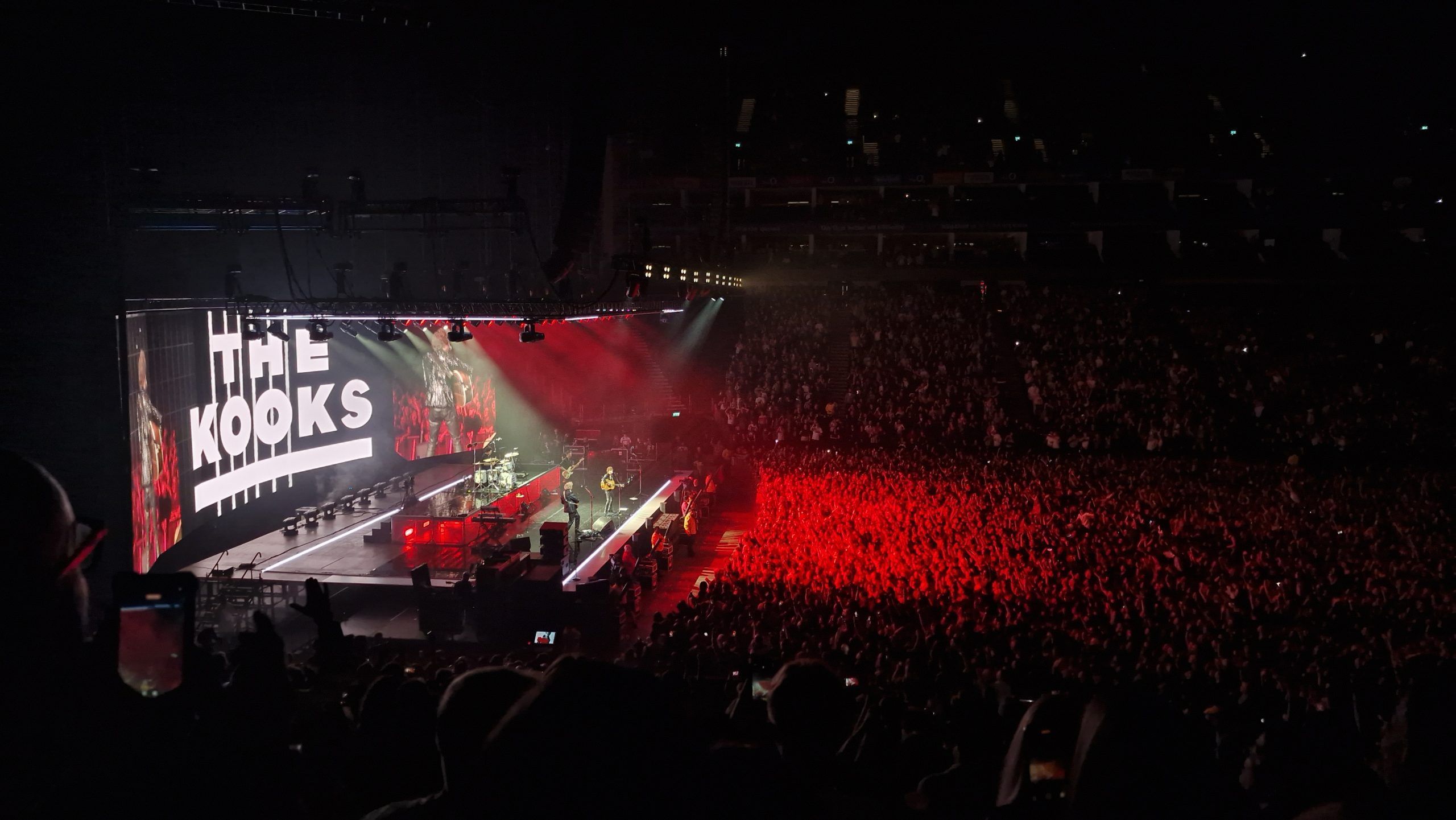
Atlantic City has been something of a forgotten area of the Garden State of New Jersey. Once a playground for the rich and famous, Atlantic City was one of the most affected areas of the US during the financial crash of the late 2000s. This coastal city saw tourist numbers dwindle and opportunity diminish for locals. By 2014, Atlantic City’s unemployment rate was up there with the highest in the US at 13.8%. However, there is one key district of Atlantic City that could be set to relight the blue touch paper for A.C.
Bader Field is the area of focus. Bader Field used to be a thriving airport during the height of the Miss America era, with many US presidents flying in to Atlantic City via the airport through the decades. The former municipal airport now faces significant interest from developers looking for a great-value investment opportunity.
The decline of Bader Field was swift and due largely to the expansion of the former Naval airport into what’s now known as Atlantic City International Airport. This was a major disappointment for the city’s casino scene, which was positioned a stone’s throw from Bader Field on the Boardwalk area.
It was Atlantic City’s casino industry that originally revolutionized the region. After the state of New Jersey voted to legalize gambling here in 1976, a string of casinos began to appear along the Boardwalk. Former US president Donald Trump owned one of the most prominent resorts in Atlantic City, which proved to be the host of many headline boxing bouts through the 1980s and early 90s.

The number-one grossing casino resort in Atlantic City today is the Borgata. Launched almost two decades ago, Borgata is managed by MGM Resorts International and owned by Vici Properties. Its gaming floor is expansive, with 161,000 sq. ft of floor space, boasting 180 table games and 4,000-plus slot machines.
Its land-based success meant it was a no-brainer for the Borgata brand to go online when New Jersey’s iGaming market launched in early 2013. This would also create a second revenue stream for Borgata, given that casino revenues had fallen significantly across the board since 2008. It was a sound decision. Borgata remains one of the most popular licensed online operators in NJ. Its strong customer acquisition is due to it being one of a handful of online casinos with free signup bonuses for real money credits that can be used without the need to make an upfront deposit. Since slots have long been Borgata’s speciality in its land-based resort, it’s no surprise that its online sister site has a string of games exclusive to their casino library.
Could the proposed Casa Mar provide a new link between Bader Field and the Boardwalk?
While Atlantic City’s Boardwalk and casino scene remains a focal point for locals and tourists alike, one major development proposal for Bader Field could help move the dial away from the Boardwalk just a little bit. With the State of New Jersey continuing to oversee the day-to-day running of Atlantic City, the state’s Democratic Governor, Phil Murphy, has the task of deciding the future of the Bader Field land.
Developer Bart Blatstein finally removed the curtain late last year to reveal proposals to turn the state-owned Bader Field into a multi-billion-dollar mixed-use community. The $3 billion project would have a plethora of domestic and commercial functions.
The proposals include the potential for 10,000 residential units, which would effectively double the city’s housing capacity overnight. The Casa Mar project would also feature 400,000 sq. ft of prime grade retail and office units, with the aim of bringing further investment and business into the city.
The layout of Bader Field currently incorporates a host of canals. The current architect proposals from Blatstein suggest that these will remain a feature of the redevelopment, ensuring impressive canalside views for many of the residential units; all of which would be rental properties. By utilizing the canals as a feature, the developers hope to create a vibe “reminiscent of Amsterdam or Venice”. An architect’s illustration of the project also showed a brand-new entrance to the Bader Field area of Atlantic City via Route 40 (Asbury Avenue).
Plans are also afoot to introduce 20 acres of green, public spaces, such as trails and parkland, with the aim of creating vibrant and natural environments for families to enjoy. The proposals also include the addition of a “Sunset Beach” location, featuring a manmade beach, bar, fitness center and tennis club.
Casa Mar has the potential to “repopulate” Atlantic City, says developer Blatstein
Upon the presentation of these proposals, Blatstein said the development would help solve the problem of a “severe shortage of housing” in Atlantic City. Blatstein believes that Casa Mar would “repopulate” this region, which has seen population fall to less than half of its peak in recent years. Approximately 50% of residential accommodation in Atlantic City was constructed before 1960, with just 13.6% built since 1990. These figures underline the timeline of Atlantic City’s economic woes, with the 50s and 60s most definitely a boom era.
Blatstein’s view is that Atlantic City could become an attractive place to live once again. In fact, he believes that people have never felt to the contrary. Instead, Blatstein believes the city’s lack of housing stock has given people “nowhere to go”.
The Casa Mar redevelopment aims to reach out to all demographics, including young families, graduate professionals and over-55s. Casa Mar will offer something for everyone, with a purpose-built neighborhood boasting commerce, grocery stores, high-street banks, childcare facilities and a host of bars and eateries; the latter of which aims to foster a unique café culture.
Blatstein is no stranger to redevelopment projects in Atlantic City. The Showboat Casino resort, which he currently owns, is welcoming a new $100m water-based amusement park called ISLAND Waterpark. There’s also ambitious plans to build a further 1,111 residential units on 1001 South Broad Street at a cost of $306m.
Just the Casa Mar project alone will deliver 44,000 immediate construction jobs, with the addition of 8,000 new permanent jobs to the city. It’s clear the developers aren’t giving up on Atlantic City’s Boardwalk empire.




